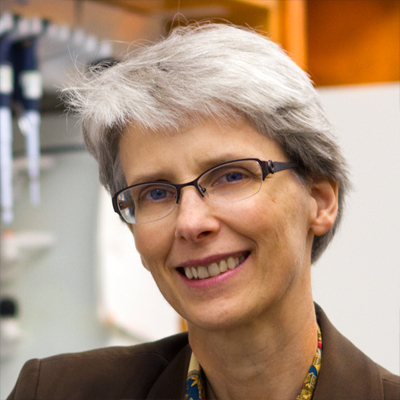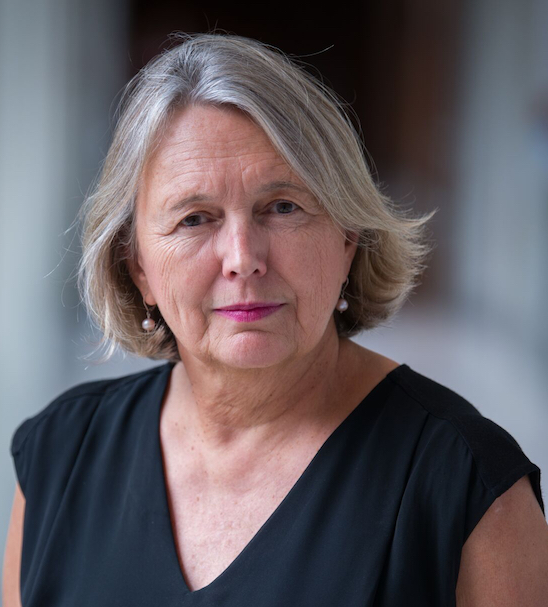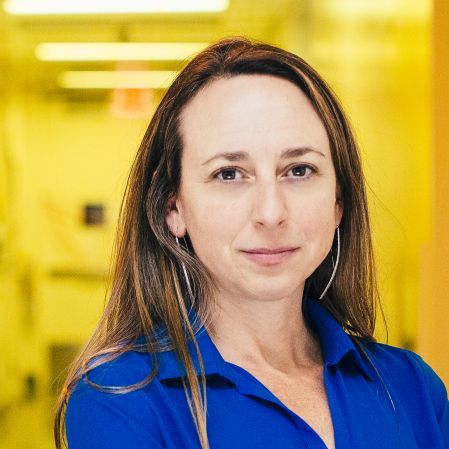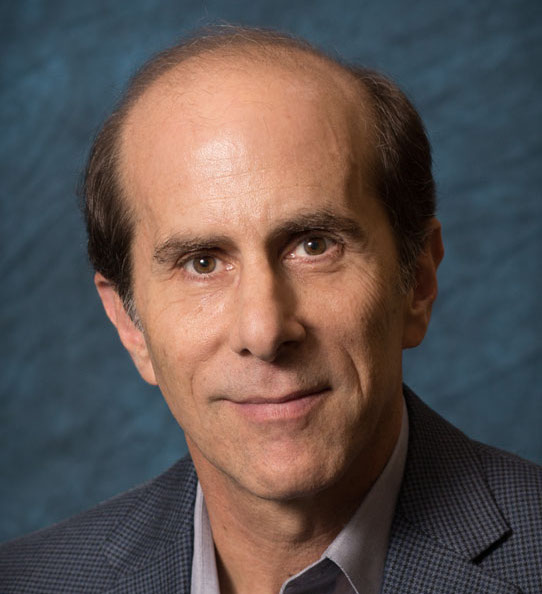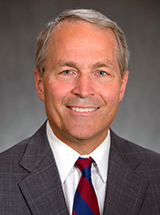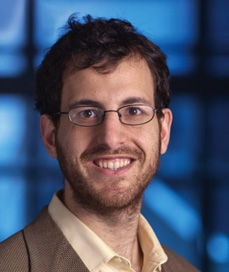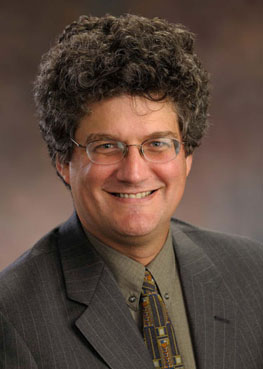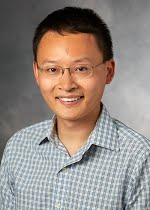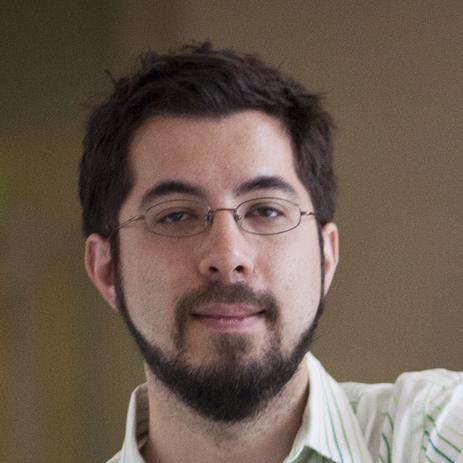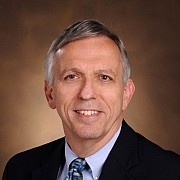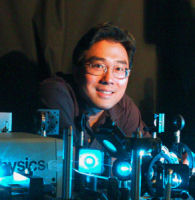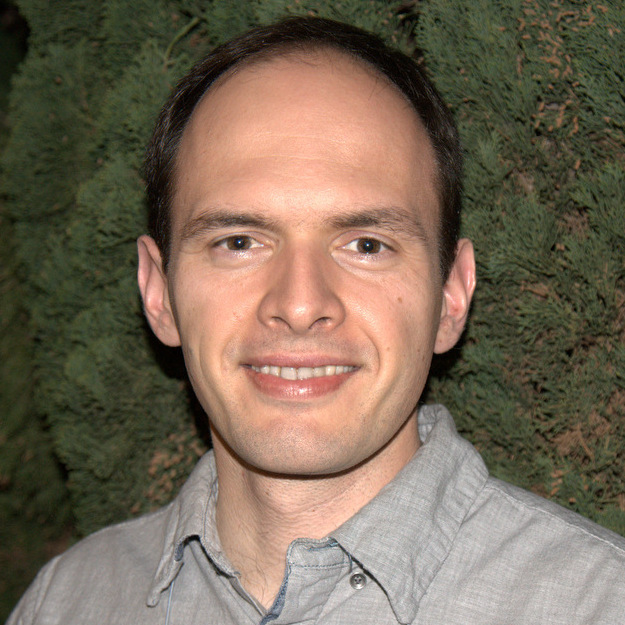Principal Investigators
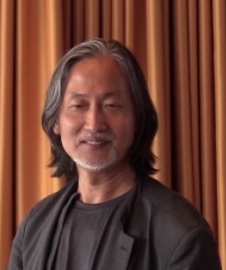
Junhyong Kim PhD
Dr. Kim is the Patricia M. Williams Professor of Biology and Adjunct Professor of Computer and Information Science at the University of Pennsylvania. His research focuses on single cell genomics, computational biology, and evolutionary biology. He received PhD training as a theoretical biologist in the field of applied math and statistics with applications in population genetics and phylogenetics. He subsequently trained in Drosophila molecular genetics and started his research career in the field of evolution of development. For the past 15 years, his research has focused on functional genomics and genomic algorithms. He and MPI Eberwine has been collaborating in single cell biology research since 2006, developing new experimental methods, data modeling methods, and analysis softwares.
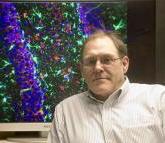
James Eberwine PhD
Dr. Eberwine is the Elmer Holmes Bobst Professor of Systems Pharmacology and Translational Therapeutics at the University of Pennsylvania. He pioneered single cell PCR, the aRNA amplification protocol, and coined the phrase “expression profile” to describe the relative abundances of RNAs. Dr. Eberwine’s research combines cutting edge optical technologies with molecular biology to solve genomic and neuroscience problems. Dr. Eberwine’s work has highlighted the kinetics of translation in neuronal dendrites, pioneered the concept of cytoplasmic RNA splicing and illuminated the role of RNA populations in establishing and maintaining cellular phenotype. Dr. Eberwine is an inventor on over 170 patent applications and was elected to the National Academy of Inventors in 2014. He also serves on the NIH Multi-Council Working Group (MCWG), which is charged with advising the NIH Institutes on the implementation and progress of the US Brain Initiative. Dr. Eberwine originated and directed the Cold Spring Harbor Summer Course formerly entitled “Cloning of Neural Genes” and now called “Advanced Techniques in Neuroscience”. In 2012, he developed and Co-Directed the first Cold Spring Harbor Course on “Single Cell Techniques”.
